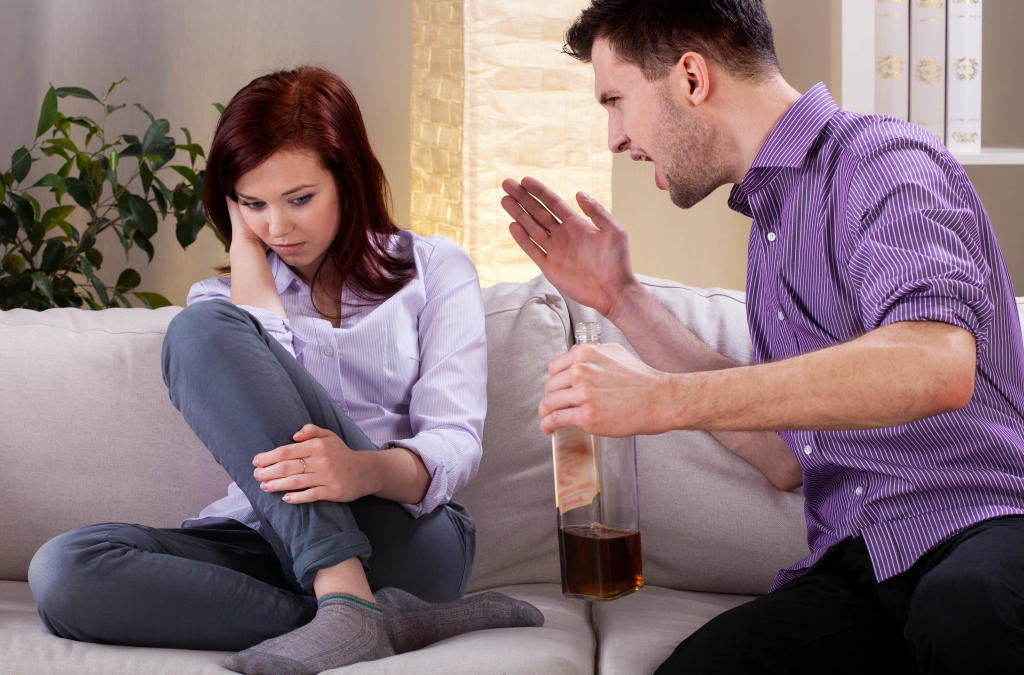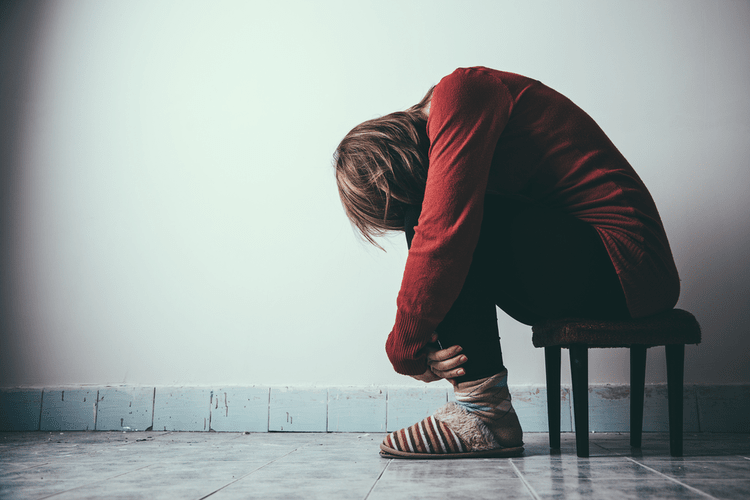Alcohol can contribute to the development or insomnia after quitting drinking worsening of PLMD, a condition characterized by involuntary limb movements during sleep, leading to disrupted sleep and daytime fatigue. However, it’s important to understand that people react to treatment differently. Talk to an addiction specialist to find the right treatment option for you. Although different people will have varying levels of alcohol tolerance, drink no more than two standard drinks per hour to avoid becoming too intoxicated. Be sure to use the bathroom before bed so your bladder does not wake you in deep sleep. You can develop habits to reduce alcohol’s effects on your sleeping cycle.
Alcohol withdrawal insomnia refers to the significant sleep disturbances that occur when someone stops drinking after a period of regular alcohol use. These sleep problems are among the most common and persistent withdrawal symptoms, often lasting weeks or months after the last drink. On top of that, insomnia and alcohol use disorder can interact in a bidirectional way. In other words, alcohol use can bring about sleep disorders, and having a sleep disorder could also play a role in developing alcohol addiction.

Alcohol Abuse and Addiction Treatment
As a leading detox center, we provide compassionate, evidence-based care to support your transition to a healthier, substance-free life. As long as the drink contains a percentage of alcohol, it will start neurochemical changes in your body – no matter what kind of alcohol you consume, dinner party wine or vodka, you may end up spending the rest of the night anxious and unable to sleep. Get professional help from an online addiction and mental health counselor from BetterHelp.
Alcohol may help you fall asleep
This happens because sleep helps to balance the hormones that make you feel hungry or full. After drinking, your ghrelin levels (the hormone that makes you feel hungry) go up and leptin (the hormones that make you feel full) go down. You will be more productive, where you can learn and problem solve better. If you’re in recovery and having sleep problems, the best approach is for you to discuss the situation with your doctor. Your doctor will be able to recommend medications, behavioral therapies, and other approaches to help you overcome the problem.
Conditions
Binge drinking or excessive alcohol consumption is likely to negatively impact sleep more than light or moderate drinking. Because alcohol’s effects vary for each person, even small amounts can worsen sleep quality for some people. Generally, even healthy alcohol consumption can lead to poor sleep quality.
Epidemiology of Insomnia in Alcohol Dependence
In summary, insomnia is prevalent across all stages of AD and may have psychosocial, addiction and psychiatric ramifications. “Although some encouraging results have been seen with gabapentin, quetiapine and CBT-I, these findings need to be replicated using adequately powered studies in individuals with insomnia comorbid with alcohol dependence”. In summary, moderate doses of alcohol may decrease the amount of REM sleep through the night. In doses mimicking heavy drinking, alcohol may initially improve sleep continuity during the first half of the night. But in the second half of the night, it may lead to fragmented sleep (more awakenings).

Factors That Influence Withdrawal Insomnia Severity
The content of this publication does not represent the views of the University of Pennsylvania, Department of Veterans Affairs, the United States Government, or any other institution. None of the authors report any actual or potential conflict of interest with this current manuscript. If you’re a treatment provider and have a question, please reach out and someone from our Customer Success team will be in touch with you shortly. Accurate, complete profiles best connect you with the right people for your services. Maintain your profile by updating your photos, video links, treatment services, and contact details to ensure optimal visibility. Ultimately, no two cases of insomnia are the same, and no treatment plan is right for everyone.
- While the withdrawal period can be frustrating, this temporary hurdle shouldn’t deter you from your recovery journey.
- This pattern is interrupted by a rise to REM sleep, which lasts for a short period, then a steady fall back through the stages of NREM sleep.
- It functions in many ways like the human hippocampus, where acetylcholine signaling also plays a major role.
- This hypothesis has not been directly tested, and it should be notedthat other factors may play a role in the increased REM seen in long-term abstinentalcoholics.
- This article aims to provide a comprehensive overview of alcohol-induced sleep disorder, covering risk factors, symptoms, diagnostic tests, treatments, and home remedies.
Why does alcohol keep me awake all night?
Someone looking for treatment for their Insomnia, without taking their alcohol use into consideration, could make the problem worse. If they aren’t forthcoming about their dependency or possible addiction, then a doctor can’t prescribe proper treatment. This may mean they are given medication that should not be mixed with alcohol or are given poor treatment because they have given insufficient information. Insomnia can be easily treated for most and, if it is caught early enough, completely avoided before any permanent damage has taken hold. Unfortunately, many attempt to use the sedative effects of alcohol Drug rehabilitation to combat their insomnia through self-medication.
2 Sex effects in the impact of alcohol and alcoholism on sleep
- In contrast, sleep latency was not correlated with alcohol consumption level.
- If you’re dependent on alcohol, it’s important to detox under medical supervision.
- It’s easier to fall asleep if you do so at the same time each night regularly.
- Implementing a regular exercise routine can help contribute to falling asleep faster, having more restful sleep, and waking up with increased energy.
- In other cases, it’s caused by an uncomfortable sleeping environment, substance use, or shift work.
- In addition to disorders of the circadian rhythm, human beings also exhibit a trait-like preference for their timing of sleep and wakefulness that is called chronotype (also known as morningness-eveningness and circadian preference).
It interferes with the body’s natural timekeeping mechanisms by decreasing sensitivity to important environmental cues like daylight and darkness. This interference can throw off the internal biological clock that regulates the sleep-wake cycle. One of the most significant impacts of alcohol on sleep is fragmentation, particularly in the latter half of the night. As the body metabolizes alcohol, it leads to more frequent awakenings, resulting in choppy, low-quality sleep.

REM sleep leaves us feeling rested and helps with memory, learning and concentration. The simplest way to keep alcohol from interfering with your sleep is to https://ecosoberhouse.com/ just not drink. The World Health Organization (WHO) has declared that no amount of alcohol is safe to consume.
This chronotype is commonly seen in adolescents and those with psychiatric disorders. Conversely, the “morning” type individual (greater morningness) prefers an earlier bedtime and an earlier rise time. Moreover, chronotype is a dynamic trait that changes across the lifespan.
